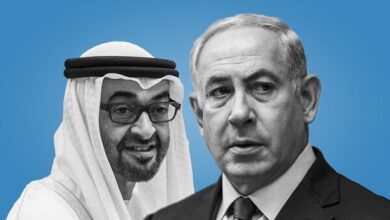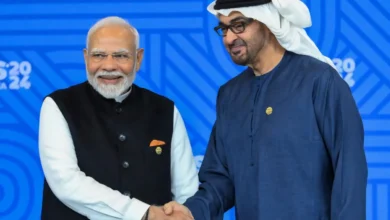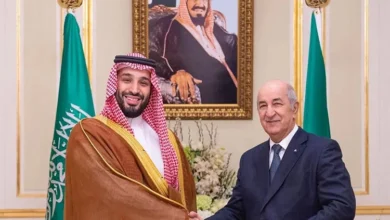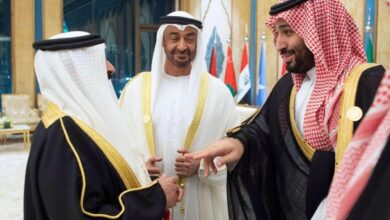The Cost of Silence: How UAE and Israel Are Pressuring the PA to Drop the ICC Case
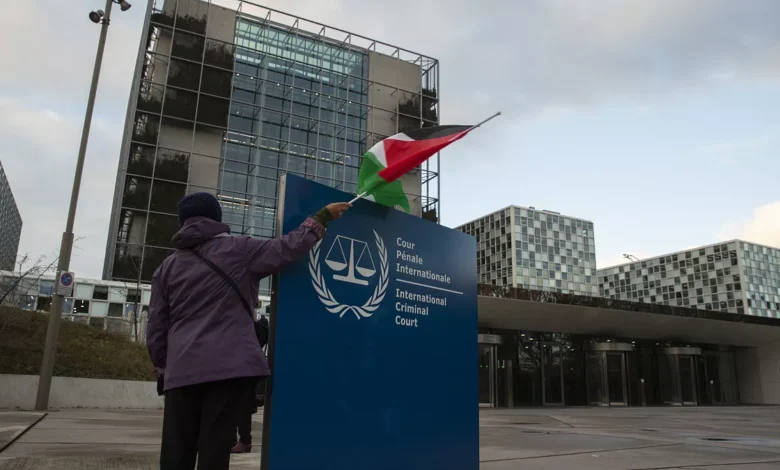
Since November 2024, the International Criminal Court (ICC) issued arrest warrants against Israeli leaders for war crimes and alleged use of starvation as a method of warfare against Gaza. The case represented a major breakthrough for Palestinian legal strategy.
Yet despite this, momentum inside the PA has cooled. Rumors, leaked reports, and regional diplomatic signals point to a coordinated campaign: Israel, aided by the UAE and Washington, is pressuring the PA to quietly abandon the ICC case in return for promises of control and influence over Gaza.
The Legal Threat and Its Stakes
The ICC’s indictment of Netanyahu and Yoav Gallant placed Israel in a precarious legal position. If enforced, the warrants would pose an unprecedented challenge to Israeli impunity. Many in Netanyahu’s circle view the ICC case not as a matter of law, but of existential threat to political immunity.
For the PA, maintaining the ICC suit has been risky — a legal offensive launched while under siege, with limited enforcement capacity. The challenge was always in balancing moral legitimacy against strategic vulnerability.
UAE’s Quiet Brokerage Role
The UAE, already deeply entangled in Gaza through humanitarian, financial, and political networks, emerges as the broker in this pressure campaign. Reports by Le Monde and others have accused the UAE of using its aid footprint to undermine the ACC (PA’s legal strategy) while boosting Mohammed Dahlan’s influence in Gaza.
Dahlan, long in exile in the UAE, has been elevated as a possible alternative to PA authority in Gaza, with promises of reconstruction and administration power. In effect, the UAE positions itself as the power behind Gaza’s administration, providing a carrot to the PA: withdraw the legal attack, and receive authority and resources.
This arrangement aligns with the UAE’s broader agenda of reshaping the Palestinian political landscape. By weakening PA’s legal tools, the UAE helps Israel absorb Gaza’s governance void under a UAE‑Israeli duopoly.
U.S. Pressure and Conditional Leverage
Washington plays a subtler but essential role. The U.S. wields sanctions relief, aid flows, and political guarantees that can make or break PA consensus. At key junctures, U.S. diplomatic channels have pushed the PA to prioritize reconstruction diplomacy over legal confrontation.
The UAE’s leverage amplifies U.S. pressure: by offering reconstruction dollars, influence over Gaza’s border control, and security backstopping, the UAE becomes the regional enforcer of a U.S.-Israeli deal.
The Promise to Take Over Gaza
Central to this bargain is the alleged promise: that the UAE (or UAE-backed actors) will gradually assume control of Gaza under a new governance model. In return, the PA must drop its judicial offensive at the ICC, to avoid antagonizing Israel and jeopardizing its own security backers.
This promise is speculative, based on internal leaks and diplomatic whispers, but if realized, it would effectively transform Gaza into a UAE-backed enclave de-linked from PA authority.
The Risks and Consequences
The price for the PA is grave. By dropping the ICC case, the PA relinquishes its most powerful tool for international justice. It loses moral legitimacy among Palestinians and the broader Arab world. It becomes a subordinate party to a new power arrangement orchestrated by Israel and the UAE.
Politically, the move could spark revolt within PA ranks and among Palestinian civil society. The UAE’s bid to administer or influence Gaza would face resistance and could fracture Palestinian unity.
Moreover, the UAE’s facilitation risks exposing it as a complicit partner in Israel’s avoidance of accountability — a role it publicly denies but effectively endorses through its interventions.
Conclusion
The push to force the PA to abandon the ICC case is not simply legal strategy; it is a grand geopolitical transaction. Israel seeks impunity. The UAE seeks regional leverage. The PA is caught in between.
What is emerging is a transformation of Palestinian struggle from battlefield to boardroom, where legal rights are traded for administrative control, and sovereignty becomes a commodity brokered by external powers.
Dark Box will continue to pursue the internal memos, funding chains, and secret agreements that reveal the full architecture behind this coercive diplomacy.

